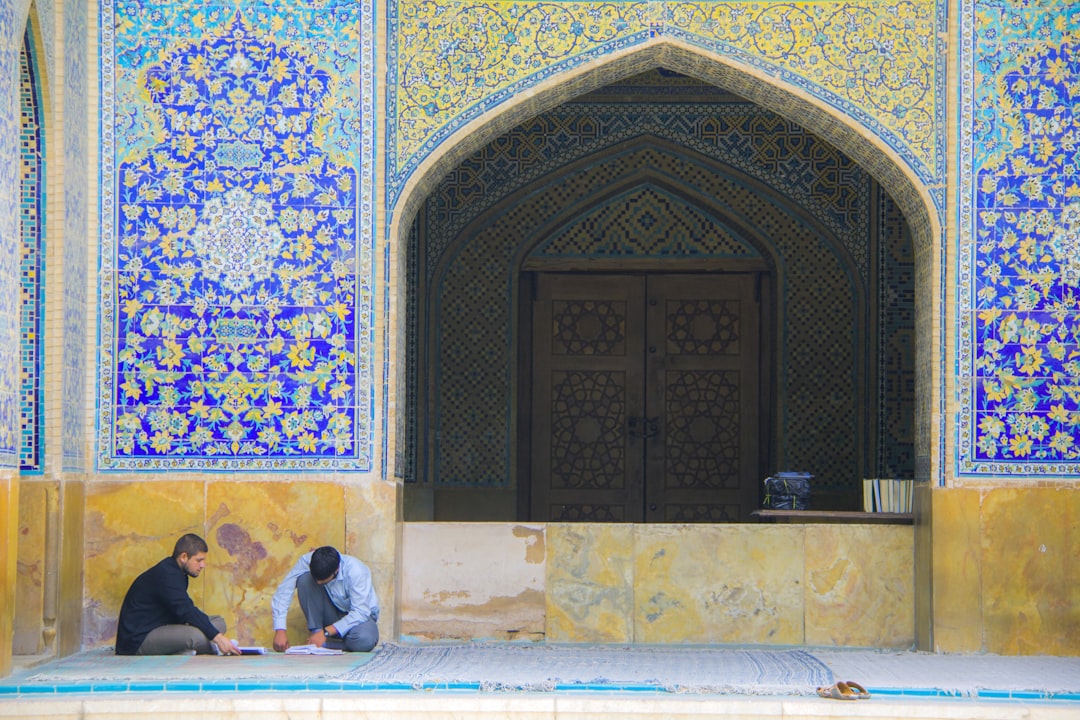What is it about?
During World War II the Portuguese press was under strict control of the dictatorship regime that ruled in the country. While censorship was given the task of preventing many news pieces from reaching the public, newspapers were also forced to give visibility to all propaganda events organized by the regime. In many cases this meant relegating crucial news on the war to the interior pages while the front pages were reserved for national stories. The article combines document research with an analysis of the front pages of the two major Portuguese daily newspapers from the outbreak of the war until the capitulation of France. It demonstrates how the censorship apparatus played a role that went way beyond deciding what could and could not be published by ensuring that the press would report an alternative reality that was created by the regime’s propaganda which aimed to ‘conveniently guide’ public opinion.
Featured Image
Why is it important?
The article deals with how dictatorships use the media to promote their ideology and silence those who defend different ideas.
Read the Original
This page is a summary of: Reporting an Alternative Reality to ‘Conveniently Guide’ Public Opinion, Media History, April 2017, Taylor & Francis,
DOI: 10.1080/13688804.2017.1312318.
You can read the full text:
Contributors
The following have contributed to this page










